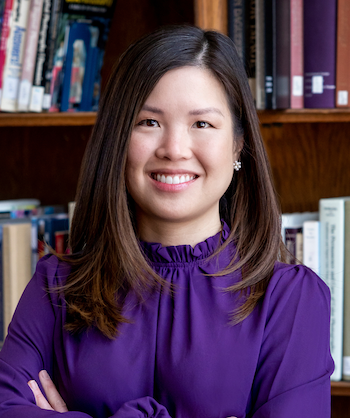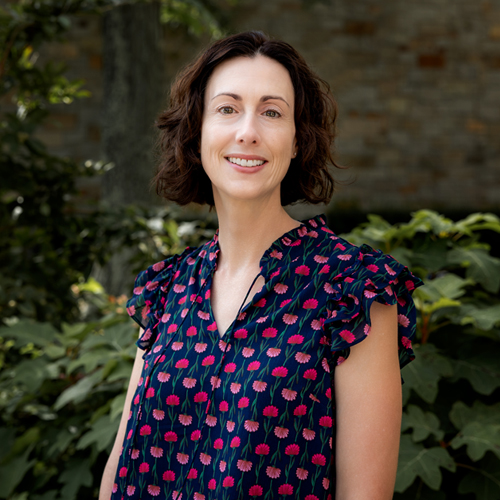
Associate Professor Betty Lai
When disaster strikes, young people can bear the brunt of its devastating impact. Researchers know that events like hurricanes, floods, and earthquakes—which are becoming more common, increasing by a factor of five in the last 50 years due to the effects of climate change—can be detrimental to children and their mental health as they develop. “Disasters affect how children see the world,” shares Associate Professor Betty Lai. She says these traumatic events leave children with questions, such as, “Is the world a safe place? Do bad things happen to good people?” New research by Lai and colleagues will attempt to understand how teachers, psychologists, and administrators can better support children in the wake of climate-related disasters, and prepare for such instances.
Through the use of two large-scale, population-based surveys, Lai and her co-researchers—Summer Hawkins, a professor at the Boston College School of Social Work, and Christopher Baum, professor and chair of the Economics Department at the Morrissey College of Arts and Sciences—will evaluate youth health behaviors pre- and post-Hurricane Sandy. By using the October 2012 hurricane as a starting point, researchers will be able to look at the whole picture—from youth behaviors before Sandy, to during, and after the disaster.
5x
Increase in Climate-related disasters in the last 50 years

Professor Christopher Baum, co-researcher
The nature of such disasters is that you never know when they’ll strike, but Lai says that schools, counselors, and families can be prepared when they do. The result? She hopes this research “can inform screening efforts so that when a disaster happens, we have toolkits ready to go.” These toolkits will involve developing questionnaires that schools can use to identify at-risk children, and will include resources for helping them cope. The new project expands on previous research by the professor, including one study titled, “Trajectories of Posttraumatic Stress in Youths After Natural Disasters.”
“In the classroom, I saw directly that we can’t just focus on academics. Young people come into the classroom with the real-world problems that they’re facing, and that can influence how they’re able to learn.”

Professor Summer Hawkins, co-researcher
For Lai, the research is personal. After starting her career as a middle school teacher, she knows firsthand how detrimental events like this can be to childrens’ mental well-being. “In the classroom, I saw directly that we can’t just focus on academics. Young people come into the classroom with the real-world problems that they’re facing, and that can influence how they’re able to learn.” This research considers a formative approach to child development—taking the whole person into account—and aims to empower educators to help children reach their full potential, even in the wake of trauma.
The upcoming study is funded by the Grodman Family Foundation, a group with the mission of providing solutions to the challenge of children in distress. “I’m excited to partner with them, and to get to do this work together because we share the same mission of wanting to support children, who are a vulnerable population,” says Lai. The Foundation will provide $50,000 for the first year of research, with an opportunity for renewal in the second year.


